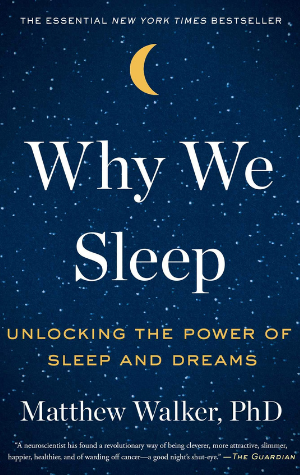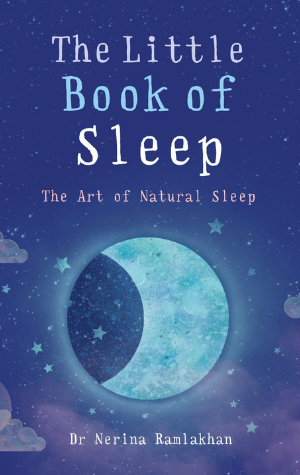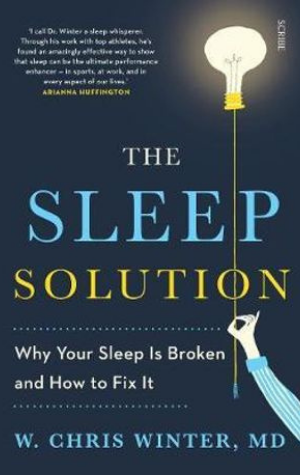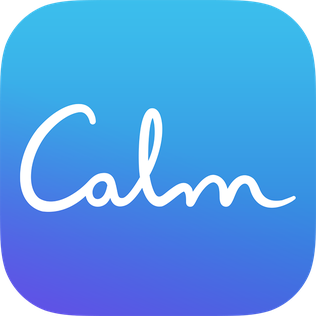Choose an Option
“Golden slumbers fill your eyes…”
WHY SLEEP IS SO IMPORTANT
Sleep is one of the non-negotiables when it comes to physical and mental wellbeing. You just have to look at the mountains of research that confirms it is key to functioning effectively in day-to-day life and helps maintain strong, healthy immune systems–so that you are better at fighting off sickness and infection. How much sleep you need differs for everyone, but the experts put it between 7 to 10hrs a night. Sneaking in a cheeky nap during the day, even just for 20-30min has also been shown to have amazing benefits–and can be particularly useful for those who work irregular schedules.
Because sleep is so important to our daily lives and functioning, it’s worth giving your sleep habits a thorough investigation–to see what’s working, what’s not working, and what you might change in order to develop healthy sleep habits, unique to your work and lifestyle, that really stick
TIPS TO GET A GOOD NIGHTS SLEEP
Get on a sleep schedule
Aim to go to bed at a similar time as often as you can, so that you can ensure you get all the hours you need to rest and recuperate. If you work shift-work, try to develop a good understanding of how many hours at a minimum you require to function, and make it a priority to fit those precious sleep hours in
Make some wind down time
You’re setting yourself up for sleep-success if you spend some quiet time winding down before turning in to help your body and mind settle. Try to avoid screens, devices or stimulating music (no Metallica, sorry) one hour before bedtime. Engage in activities that soothe and relax you, like a hot shower or bath, reading a book, journaling or having a cup of herbal tea
Set the scene
Darkening the room can help your body automatically prepare itself for rest. Invest in some good quality curtains if you need to get your sleep hours in while the sun’s up.
Get to know you
Things such as alcohol, spicy foods, caffeine and drugs can impact our sleep quality. Be mindful of how such stimulants might behave in your body when you’re trying to get some shut eye and also how they affect your quality of sleep–and perhaps avoid consuming them too close to bedtime
Can’t fall asleep or find yourself restless and waking up constantly?
It can be frustrating but don’t beat yourself up over it. Trying to force yourself to sleep never works out. Instead, it might help to get up out of bed and have some water or a soothing tea. Enjoy the silence and stillness for a while, and let yourself breathe away any tension or frustration you’re experiencing about not being able to sleep. Some people also find it helpful to read for awhile, meditate or have a shower before heading back to bed. Once you’re feeling more soothed and settled, give sleep another shot
TOP 3 PODCASTS
Who is Daniel Johns?
Experts and ‘real people’ share stories about how mindfulness practices have changed their lives. Hear experiences from business leaders, psychologists, neuroscientists, nutritionists, authors, mindfulness teachers, storytellers and more.
Listen to Untangled here
Sleep Meditation Podcast
On this podcast, you will find; Relaxing nature sounds, sleep soundscapes, binaural beats, deep sleep sounds, rain sounds, ocean sounds, ocean waves, white noise machines, thunderstorms, waterfall sounds, baby sleep sounds, tinnitus masker sounds, jungle, forest sounds, relaxing music, and guided sleep meditations
Listen to Sleep Meditation Podcast here.
Sleep Talk
Sleep Talk podcast is the place to get quality, evidence-based information on sleep and sleep disorders from experts in the field.
Each month discusses a sleep topic and interview experts in the field as well as highlighting what has caught eyes in the world of sleep.
Listen to Sleep Talk here





